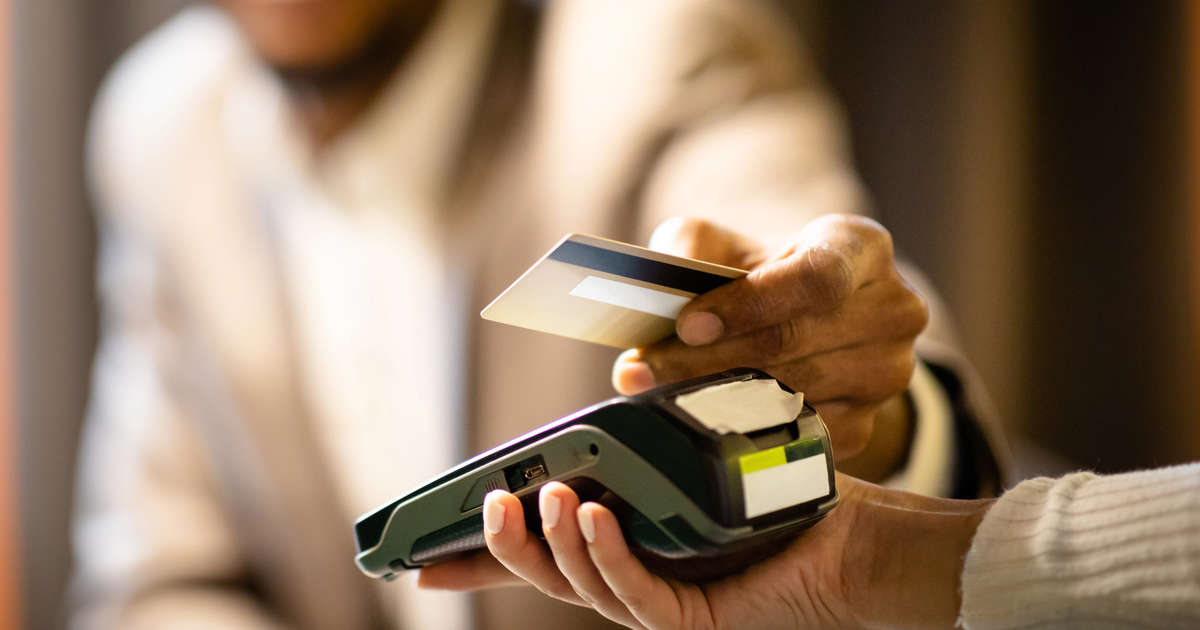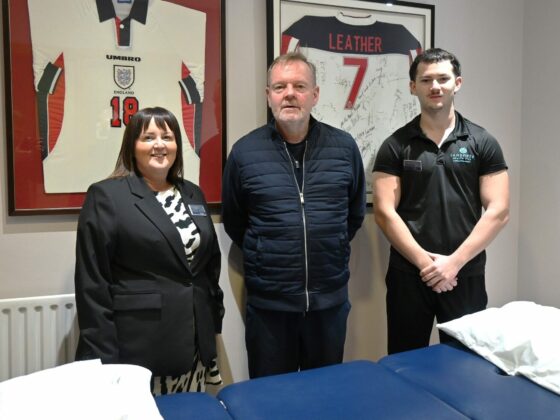
It’s a scenario business travellers know all too well. You arrive at your hotel after a long flight, luggage in hand, mind on tomorrow’s meetings. The hotel lobby looks welcoming, until the front desk asks for a credit card. Again. You explain it’s a corporate booking. You mention the virtual card. The staff dig through faxes or refresh emails. Minutes pass. Frustration rises. Your trip is supposed to be starting, but it already feels off. And it’s not just anecdotal. Recent research from Conferma, surveying business travellers across the UK, US, and ANZ, shows that hotels are still tripping over the very first hurdle.
Almost half of business travellers say check-in ruins their trip before it starts and 46% say it adds stress. A third admit it makes them rethink future work travel.
The problem isn’t new. But today, it carries higher stakes. Business travel is driven in part by return-to-office mandates but with that comes a greater scrutiny of spend and the traveller experience.
If a guest is regularly being asked to cover costs personally, and then wait weeks to be reimbursed, they’re unlikely to feel valued, let alone eager to return.
For hotel operators, this presents a business risk. Considerable effort goes into loyalty schemes, guest personalisation, and service enhancements, yet all this hard work can be undone by outdated workflows. The front desk, once seen as a touchpoint for hospitality, then becomes a source of tension and a key reason why corporate guests look elsewhere.
Hotel design has moved on. It’s time check-in did too.
Hotels have upgraded lobbies, rooms, and digital check-ins, but if payment still fails at the front desk, the gains made in the guest experience vanish.
This isn’t a service problem. It’s a process problem. Payment systems haven’t kept up with how companies book and pay for travel.
Virtual cards are now widely used by travel teams and finance departments, but many hotels still receive them by fax or in formats that are easy to miss, hard to track, and prone to error.
While other industries move toward systems that deliver payment details instantly, hotels are frequently left managing payment data manually, creating unnecessary friction for both staff and guests.
Manual payments cost more than money
Payment isn’t just a back-office issue; it’s central to how a guest experiences their stay. When it doesn’t work, it creates confusion for the hotel, friction for the traveller, and often out-of-pocket costs that employees are left to reconcile later.
The problem lies in how payments are delivered. Virtual cards are widely used for business travel. Without joined-up systems, the burden falls on the traveller and a high staff turnover, busy front desks, and the variety of processes used across agencies only compound the risk of breakage.
Seamless payment, seamless stay
The good news is that this is solvable. The future of business travel won’t be built on faxes and follow-ups. Hotels don’t need to overhaul their entire operations but those that move now are setting the pace for how corporate check-in should work. Imagine a check-in where payment is automatic, accurate, and invisible. Some hotel groups are already achieving this with Connect Direct, sending virtual card details straight into their systems.
The result is an invisible process that gives hotel teams clarity and confidence. It means fewer errors at reception, better compliance behind the scenes, and a smoother experience across the board, without adding new complexity.
There is a growing appetite in the sector to standardise and simplify the way payments are handled, particularly for business travel. But it requires a step beyond digital form-filling or email templates, and it needs to be built in.
The business impact is clear, when virtual payments work, corporate travellers are more likely to return. Bookings increase. Staff spend less time troubleshooting. And hotels position themselves as the preferred choice for professional travel.
A competitive advantage hiding in plain sight
The front desk may not be the most glamorous part of hotel operations. But in a world where every guest interaction counts, it could be the key to securing repeat corporate business.
The guest has arrived. The card should too; seamlessly, every time. When check-in works, hotels win repeat business, travellers win peace of mind, and corporate travel finally delivers on its promise.




